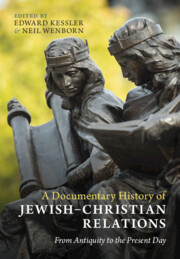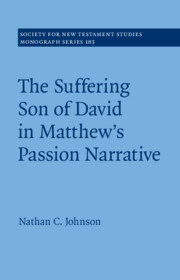For centuries, Christians have understood some of the texts included in the New Testament as ‘Jewish,’ in the sense of them being written by (converted) Jews for other Jews. From a historical perspective, a new development in the academy suggests that such approaches do not do justice to the nature of these texts. Indeed, even more recent attempts at understanding the New Testament against the background of Judaism are also found wanting. Instead, placing these texts within the broader context of the diverse ways of embodying Jewish ancestral customs in the pre-rabbinic Second Temple period, this interpretive trajectory, involving scholars from a wide array of backgrounds, insists that Paul, Matthew, Mark, Luke, John, Revelation etc., should be understood as expressions of Judaism. This article highlights key issues involved in such re-readings of New Testament texts, including ways in which they may or may not relate to normative-theological positions among Christians and Jews today. First, the study looks at how the question is asked in our contemporary setting. Then, moving down historical layers, issues related to history and categorisation are addressed before we, finally, return to the present to consider possible implications of our findings.

